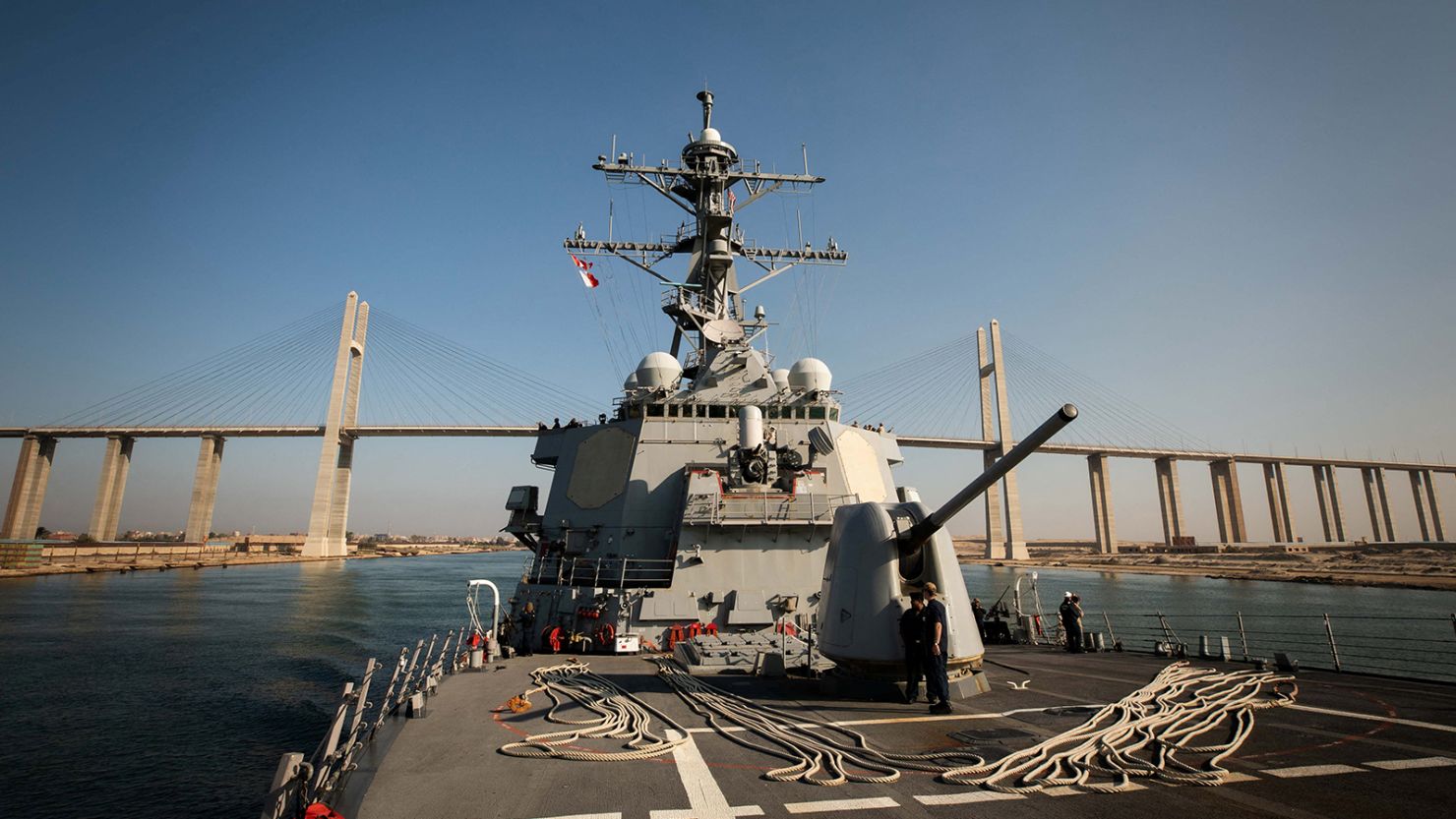In a significant development, the Navy has employed anti-ship ballistic missiles to confront Iran-backed Houthi forces in the Red Sea. This strategic move underscores heightened tensions in the region and a shift in military tactics to counter the influence of the Houthi rebels, who have been involved in ongoing conflicts in the area. The use of anti-ship ballistic missiles signals a robust response by naval forces to safeguard maritime security and addresses the evolving threats posed by the Houthi militia in the strategically vital Red Sea.

Photo from: CNN
Unprecedented Naval Response
In a significant escalation of tensions in the Red Sea, the U.S. Navy utilized anti-ship ballistic missiles to intercept incoming ballistic missiles from Iran-backed Houthi rebels. This marked the first instance of the Navy employing anti-ship ballistic missiles for this purpose, highlighting the seriousness of the threat posed by the Houthi-launched missiles provided by Iran.
Naval assets, including the USS Laboon and F/A-18 Super Hornets from the Eisenhower Carrier Strike Group, played a pivotal role in a 12-hour operation where 12 one-way attack drones, three anti-ship ballistic missiles, and two land attack missiles fired by the Houthis were successfully neutralized.
The engagement underscores the escalating conflict in the region, with the U.S. Central Command confirming the interception of nearly 100 drones operated by the Houthis since October 17 and the disruption caused to international vessels in the Red Sea.
READ ALSO: US Military Access Granted To Swedish Bases Amid Prolonged NATO Bid Delay
Effects on International Response and Worldwide Shipping
Major shipping corporations have rerouted their vessels to avoid the Red Sea due to increased worries in the maritime industry caused by the escalated attacks in the area. The impact on marine activity is further shown by the recent attack on the Mediterranean Shipping Company cargo ship MSC United VIII.
An expanding multinational task force in the Red Sea is essential to maintaining navigational safety and addressing the conflict’s wider effects on international commerce as Israel’s military onslaught against Hamas in the Gaza Strip continues to impact the situation.























